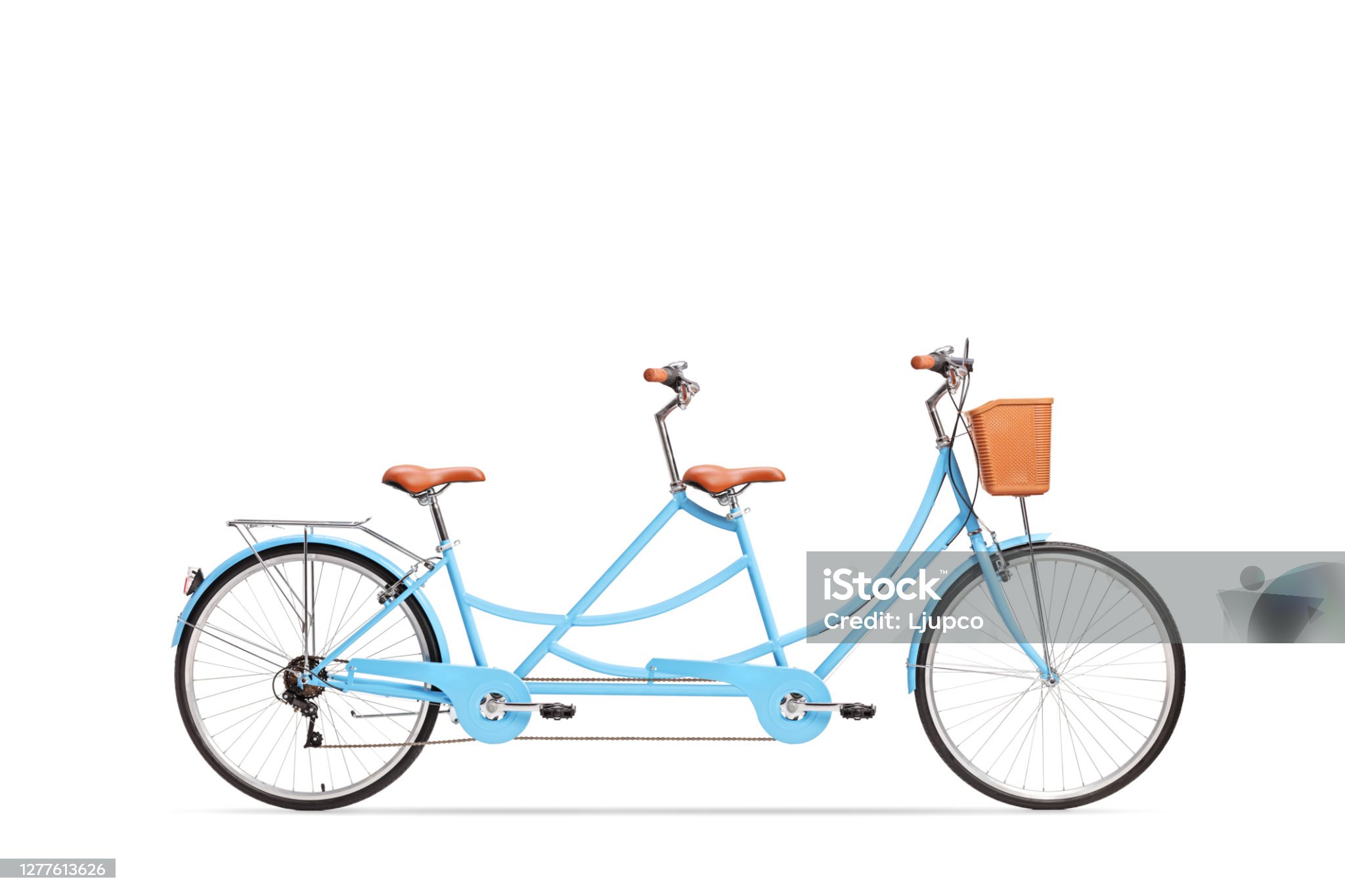No over-steering or under-steering here – technology, data–driven mobility and new-age intelligence can actually put sustainability in top gear.
Prasanna Ganesh, Executive Program Director of Toyota Mobility Foundation drives us through the dashboard as well as the GPS of an interesting initiative – that also has Varanasi as a stop-over apart from many top contenders across the world. Ganesh has been with Toyota Mobility Foundation since 2016 and has been leading all Asia Pacific strategy and direction over the last nine years. He ardently believes that cities need to continually adapt to increasing demands of daily life. As cities grow, the need for innovative, adaptable, and robust mobility solutions becomes paramount, offering immense opportunities.
Can you give us a background about the Sustainable Cities Challenge by Toyota Mobility Foundation?
The Sustainable Cities Challenge is an open innovation challenge that we launched in 2023 with the aim of helping cities solve their unique mobility issues and prepare to meet their mobility needs of the future.
What’s the big-picture idea and intent here?
Through the challenge, companies will directly engage with city leaders and interact with the problem owners, end users and beneficiaries giving them the opportunity to learn, customise and scale their solutions. As a part of the challenge process, companies will demonstrate and test their solutions in real-life conditions. Additionally, companies will also have access to a network of like-minded innovators and have the opportunity to collaborate. Toyota Mobility Foundation and our partners like WRI and Challenge Works will also guide and support the implementation or strategic alignment of the identified companies.

Tell us about Varanasi coming in the spotlight here?
Varanasi, Detroit, and Venice have been selected to host innovation challenges as part of the Toyota Mobility Foundation’s Sustainable Cities Challenge. The goal of the $9 million global initiative is to help cities accelerate toward sustainable mobility. We want to foster healthier and safer urban environments while enhancing people’s ability to commute, work, study, and access services. The cities, located in the United States, India and Italy, were chosen from a shortlist of 10 cities announced in November 2023. Over 150 cities from 46 countries entered the Challenge after the call to cities was first launched in June 2023 and over the last months, the list was narrowed to 10 and now 3 cities.
Varanasi- as we know- is located on the banks of the Ganges River in northern India. This ‘spiritual capital’ of India sees visitors from across India as well as abroad. This huge influx of visitors, strengthens the city’s tapestry of faith and culture, but also leads to increased concerns about safety and crowding. The Varanasi City Challenge aims to generate innovative, data-driven solutions incorporating elements of technology and design that make crowded areas of Varanasi’s old city (Kashi) safer and more accessible for religious tourists and local residents alike including vulnerable members of the population.

What was the methodology for the challenge and what is the way forward now for Varanasi, Detroit and Venice?
The challenge was conducted in two phases. In the first phase, cities were invited to enter the Challenge by identifying areas in which innovation would help them expand access to safe, affordable, and inclusive modes of transportation and harness the power of data to create connected and resilient mobility ecosystems; and reduce environmental impact through low-carbon and renewable solutions. Over 150 cities from 46 countries entered the Sustainable Cities Challenge after the call to cities was first launched in June 2023. In November 2023 the shortlist of 10 cities was announced, from which the top 3 were chosen as the finalists. Now, in the second phase, the three selected cities will launch their own City Challenges inviting global innovators to work with them. Companies will have access to a share of $3 million per city in innovation grants, to demonstrate and pilot test their solutions. In 2026, winners of the challenge will be selected and given the opportunity to scale up with the city or beyond.
Are ‘smart cities’ and ‘sustainable cities’ oxymorons or can they be synonymous and how?
Smart cities and sustainable cities, have some unique elements, but can, often, complement each other. Smart cities utilize technology and data to boost efficiency and services, aligning with sustainability goals by curbing resource use and environmental harm. Integrating smart tech with sustainable practices like renewable energy and eco-friendly transportation fosters resilience and long-term environmental care. This convergence fosters holistic urban development, blending technological innovation with ecological mindfulness. Toyota Mobility Foundation always believes in the human in the loop of smart and sustainable cities.
What role do data-driven steps play in the area of sustainability?
Data-driven solutions play a crucial role in tackling urban transportation challenges. They provide invaluable insights into traffic dynamics, commuter behaviors, and infrastructure utilisation, empowering decision-makers with actionable information. By harnessing real-time data, cities can make dynamic adjustments to optimise traffic flow and enhance public transit efficiency. Ultimately, leveraging data not only improves convenience, safety and accessibility for residents, but also enables cities to build smarter, more efficient, and resilient transportation systems tailored to the needs of their diverse urban populations.
Toyota Mobility Foundation always believes in the human in the loop of smart and sustainable cities.
Can you zoom in on your programs in Bali to illustrate this?
In Bali, the Toyota Mobility Foundation (TMF) initiated the Sustainable Mobility Advancing Real Transformation (SMART) Program, aimed at nurturing sustainable mobility via data-driven and electrified transport solutions. The project aimed to mitigate air pollution, ease traffic congestion, and encourage electrified public transport usage. Piloting an on-demand xEV shuttle service and dynamic bus schedule displays, data collected informed operational and business decisions, enhancing trip efficiency and assessing business model viability throughout the pilot phase.
By Pratima H











Recent Comments